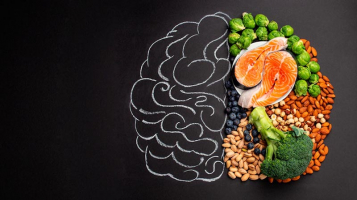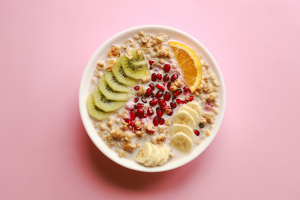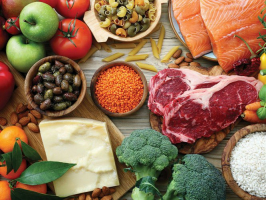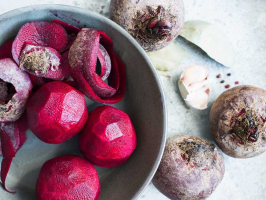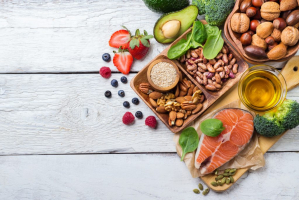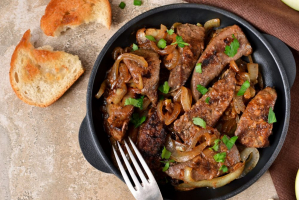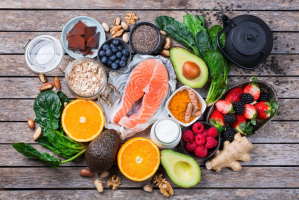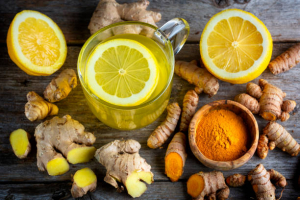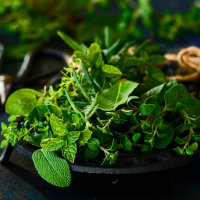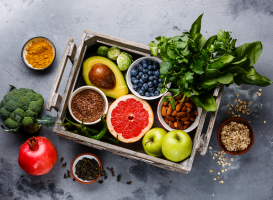Top 10 Best Foods to Boost Your Metabolism
You could be looking for foods that can speed up your metabolism if you're attempting to lose weight or keep it off. Indeed, some foods could help a little bit ... read more...to raise your metabolic rate. This is the number of calories your body burns each day. If losing body fat or preventing weight gain is your goal, incorporating these foods into your diet may make it slightly easier to achieve. Read on to have more information about these!
-
Foods high in protein, such as meat, fish, eggs, dairy products, legumes, nuts, and seeds, may temporarily speed up your metabolism. This is a result of the fact that they demand more energy from your body to digest. The thermic effect of food (TEF) is what's responsible for this (TEF).
The TEF is the number of calories that your body needs to digest, absorb, and use the nutrients in your meal. According to research, diets high in protein boost TEF the greatest. For instance, compared to 5-10% for carbohydrates and 0-3% for fats, they raise your metabolic rate by 15-30%. By helping your body in maintaining its muscular mass, protein-rich diets also lessen the drop in metabolism that is sometimes noticed with weight loss. Not only that, but protein may also help keep you fuller for longer, which can prevent overeating.
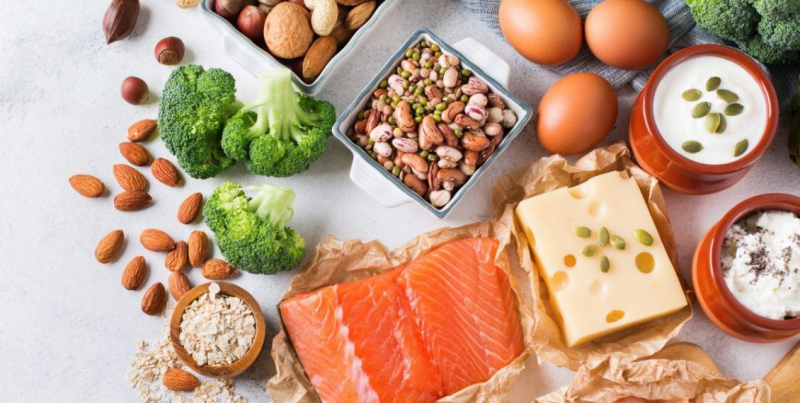
Protein-rich foods 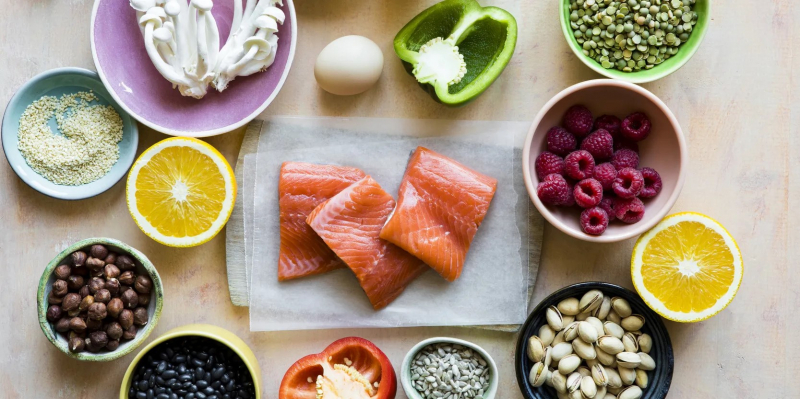
Protein-rich foods -
It is not news that minerals are important for the body to function at its best. Certain important minerals support the maintenance of healthy bones, water balance, and metabolism. Because minerals are not found in the body, you could get them from the food you eat.
The roles that the minerals selenium and iron play in the health of your body are distinct but equally significant. However, they do share one thing. Both are necessary for the thyroid gland, which controls your metabolism, to function properly. According to research, eating too little iron or selenium may prevent your thyroid from producing enough hormones, which could cause your metabolism to slow down. Include foods high in selenium and iron, such as meat, seafood, legumes, nuts, and seeds, in your regular diet to help your thyroid's optimal functioning.
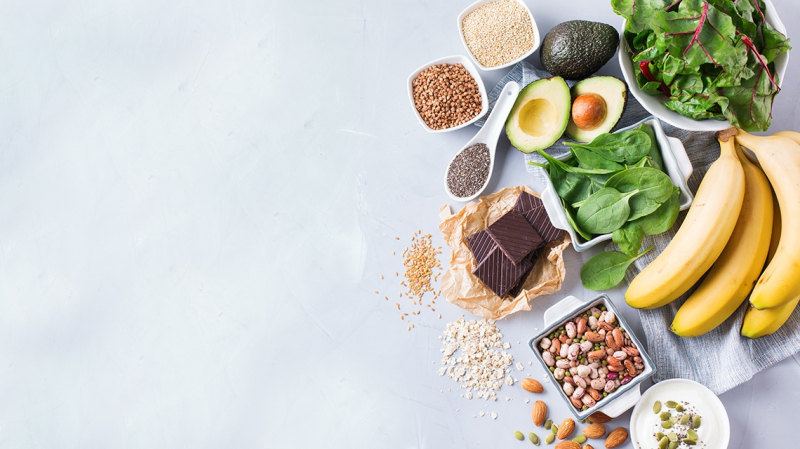
Mineral-rich foods 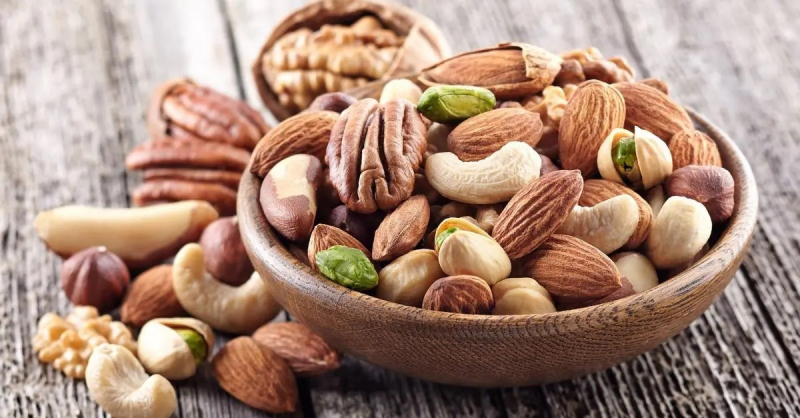
Mineral-rich foods -
By slightly increasing the rate at which your body consumes calories, the chemical capsaicin, which is present in chili peppers, may help you have a faster metabolism. In fact, a study of 20 studies found that capsaicin, which may be obtained through peppers or supplements, may increase daily calorie burn by about 50.
Studies have shown similar advantages with daily doses as low as 9–10 mg. It's the same as one jalapeno pepper. Additionally, capsaicin might have appetite-suppressing properties. An analysis of research involving over 200 people found that taking at least 2 mg of capsaicin before every meal may help people consume fewer calories overall, especially from carbs. In a similar manner, cayenne pepper, especially after a meal high in fat, may boost the amount of fat your body burns for energy. However, those who are not used to eating spicy foods may not experience this fat-burning effect.
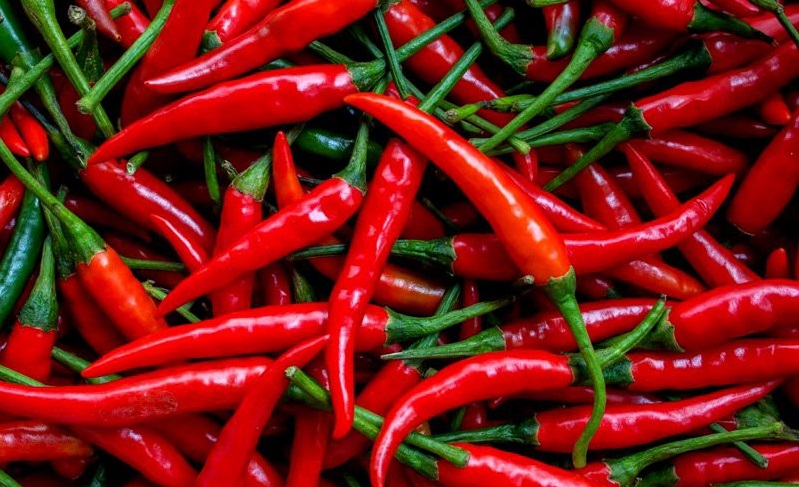
Chili peppers 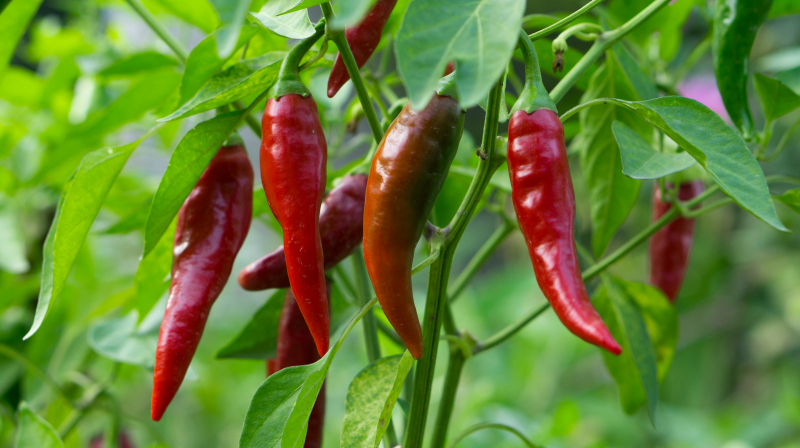
Chili peppers -
The resting metabolic rate (RMR) is the rate at which you burn calories while at rest. Coffee contains caffeine, which could speed your metabolism.
Caffeine can raise RMR by 3–11%, according to studies, with higher doses having a stronger impact. It's interesting to note that an increase in fat burning accounts for the majority of the rise in metabolism. According to several studies, people who drink at least 270 mg of caffeine per day, or the equivalent of three cups of coffee, can burn an additional 100 calories every day. Additionally, caffeine appears to be particularly helpful in enhancing your workout performance and may help your body burn fat for energy. However, depending on specific factors like age and body weight, its effects differ from person to person.
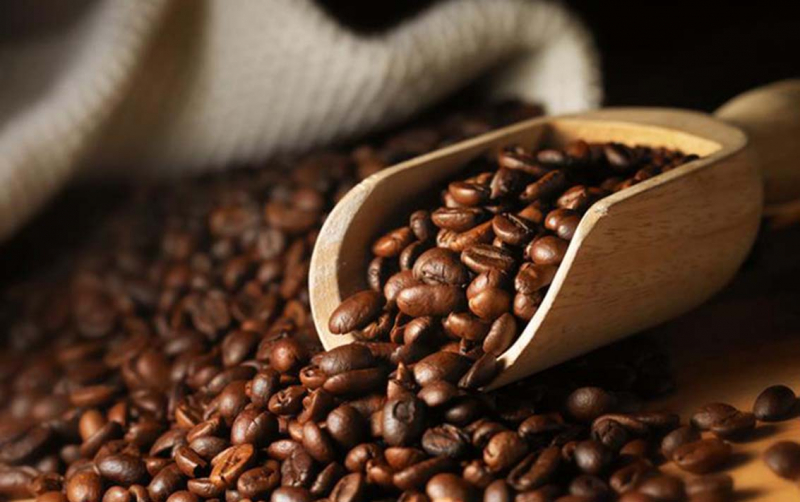
Coffee 
Coffee -
Tea contains a type of flavonoid called catechins, which could speed up fat breakdown and increase metabolism. In addition, the caffeine in many teas boosts calorie burning by increasing energy use.
The combination of these two substances is probably ideal for any weight loss strategy. Tea can help you maintain your weight loss by reducing the metabolism slowdown that occurs after losing a few pounds. Oolong and matcha green tea in particular may boost fat oxidation and help in calorie burning when used in conjunction with an exercise program. Oolong and green teas may also improve how efficiently your body uses fat that has been stored as energy, which might result in a 17% increase in your ability to burn fat. However, results may differ from person to person, much like with coffee.

Tea 
Tea -
Beans and legumes are other metabolism-boosting powerhouses. When compared to other plant foods, lentils, peas, chickpeas, black beans, and peanuts are particularly high in protein.
According to studies, compared to lower-protein foods, their high protein content makes your body burn more calories while eating them. Their TEF is responsible for this. Legumes also include dietary fiber, such as soluble and resistant starch, which your body can use as a prebiotic to nourish the good bacteria in your large intestine. Short-chain fatty acids are then produced by these good bacteria, which may help in your body's ability to use stored fat as energy and maintain normal blood sugar levels.
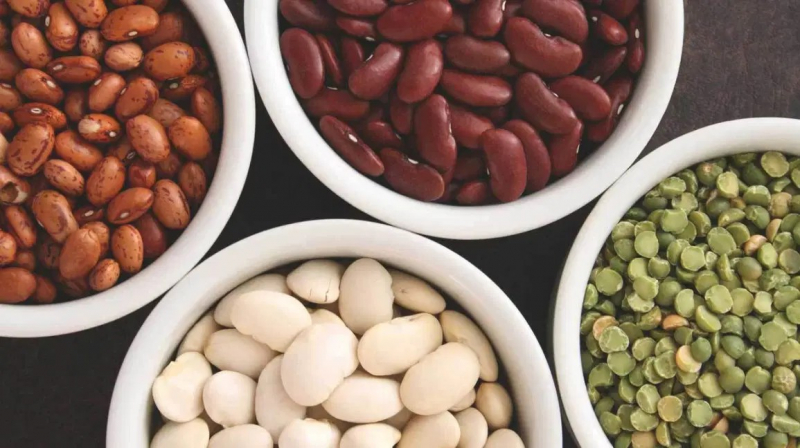
Beans and legumes 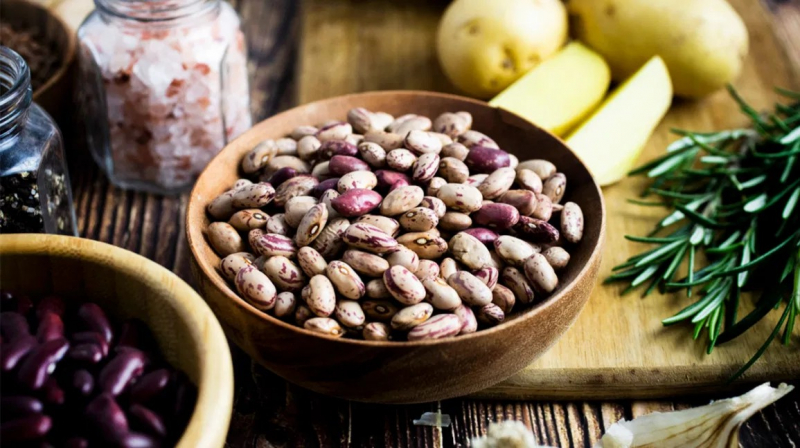
Beans and legumes -
It is believed that ginger and closely related spices have particularly advantageous metabolism-boosting properties. For instance, according to a study, drinking hot water with 2 grams of ginger powder mixed in it along with a meal will help you burn up to 43 more calories than just sipping hot water.
This hot ginger beverage may also help people feel more satisfied and less hungry (fullness). Another spice from the ginger family called grains of paradise might have comparable results. According to a study done on 19 healthy males, those who took a 40 mg extract of grains of paradise burnt 43 more calories in the two hours that followed than those who took a placebo. However, the results may differ from person to person, according to the researchers.

Ginger 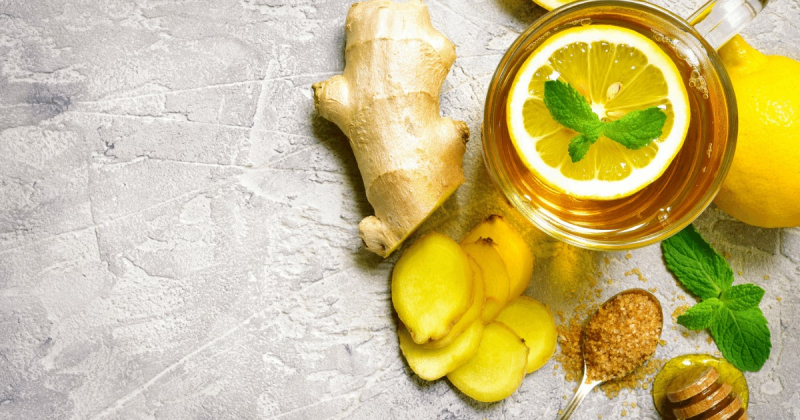
Ginger -
Besides being delicious treats, cacao and cocoa may also be good for your metabolism. According to research done on mice, for instance, cocoa and cocoa extracts may encourage the production of genes that increase fat burning. Particularly in mice given high-fat or high-calorie diets.
It's interesting to note that one study claims cocoa may inhibit the activity of enzymes required for the breakdown of fat and carbohydrates during digestion, which may hinder the body from absorbing them and the calories they contain. Studies on the effects of cocoa, cacao, or cacao-based foods like dark chocolate on humans are rare. Strong conclusions cannot yet be made without additional research. Choose raw types of cacao if you want to give it a try. Processing frequently results in a decrease in the number of healthy compounds and an increase in sugar and calories.
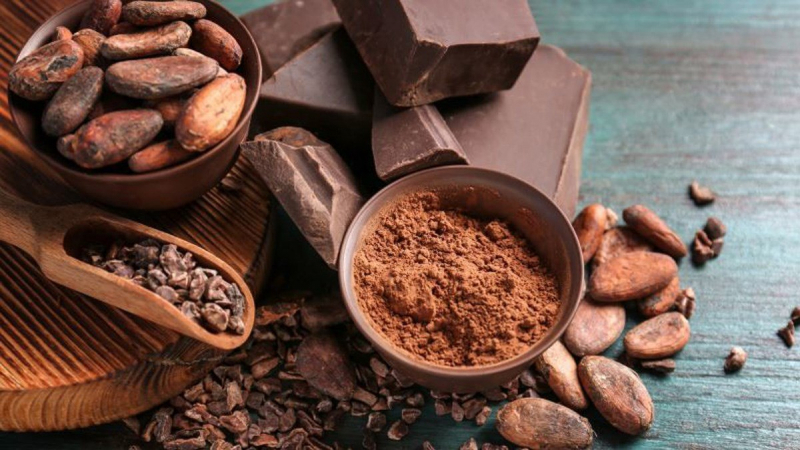
Cacao 
Cacao -
Your metabolism might be boosted by apple cider vinegar. According to animal research, vinegar is very beneficial for increasing the amount of fat burned for energy.
Similar claims about apple cider vinegar's ability to increase human metabolism are made frequently, although there is not much research that have actually looked at this. By delaying stomach emptying and increasing sensations of fullness, it might help you lose weight. To reduce the danger of tooth erosion, damage to the lining of your digestive tract, and other potential adverse effects, if you decide to take it, make sure to keep your intake to no more than 1-2 teaspoons per day and mix it with at least 1 cup of water for every tablespoon of vinegar.
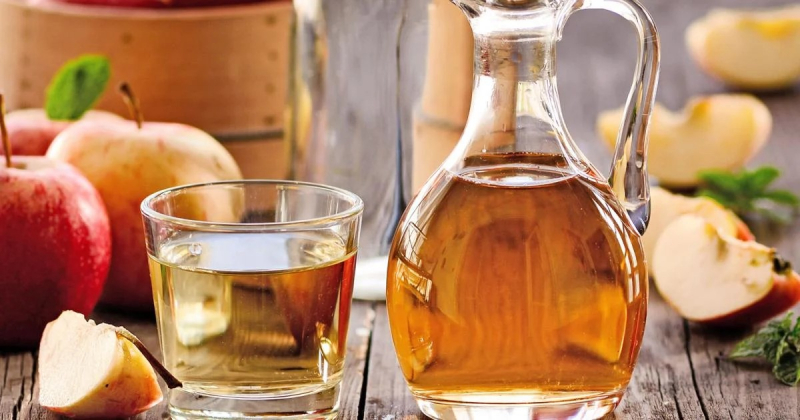
Apple cider vinegar 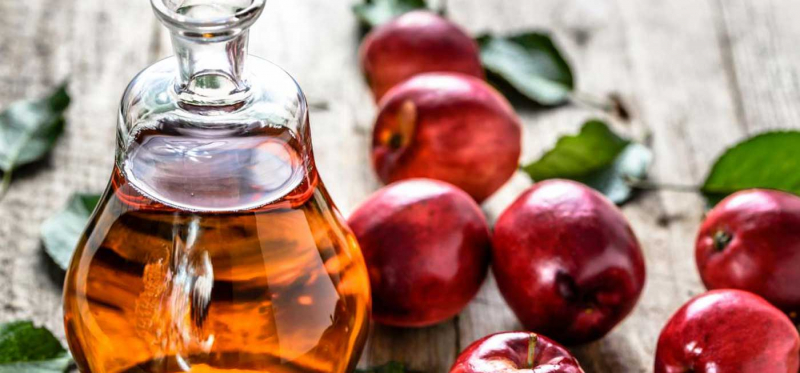
Apple cider vinegar -
MCT oil is a special kind of fat that might have some favorable effects on metabolism. It is fats found in foods like coconut oil. MCT oil is made up of medium-chain triglycerides as opposed to the long-chain triglycerides that make up the majority of fats in food.
This oil is a supplement that contains a lot of these fats and is claimed to have many health benefits. Consuming MCT oil has been proven in some research to increase human metabolism. In addition, unlike long-chain fats, MCTs go directly to the liver to be turned into energy after absorption. They are less likely to be turned into body fat as a result. MCT oil can be added to foods like soups or smoothies, although it is typically taken as a supplement. But it can't be used for cooking.
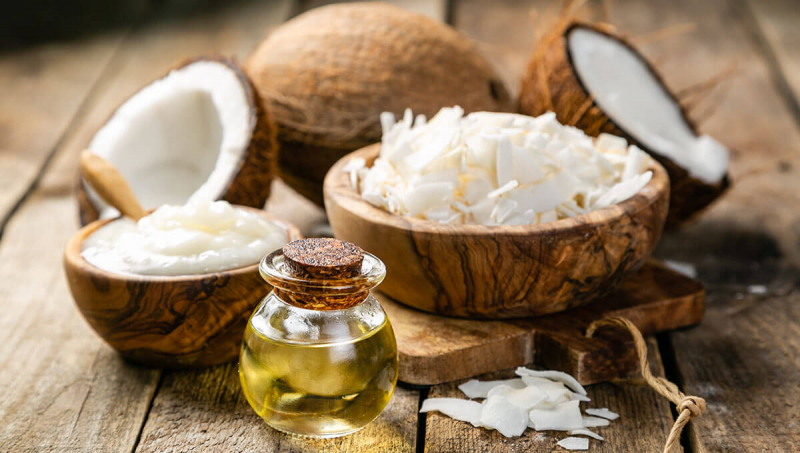
Medium chain triglyceride (MCT) oil 
Medium chain triglyceride (MCT) oil












